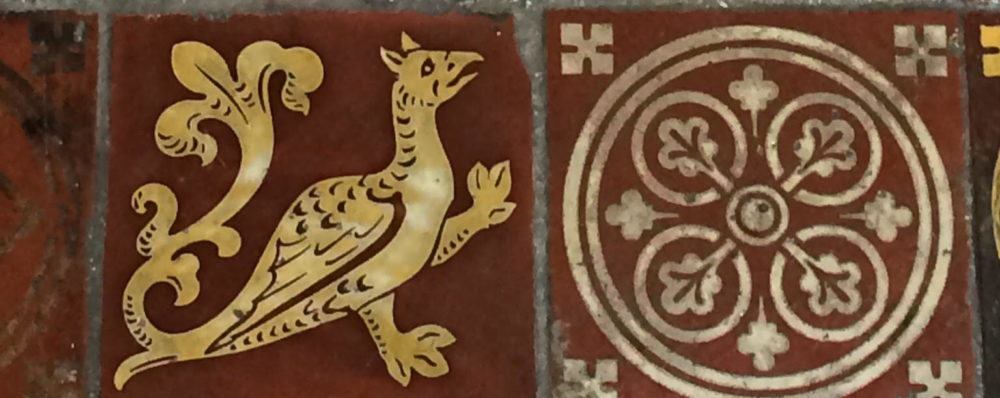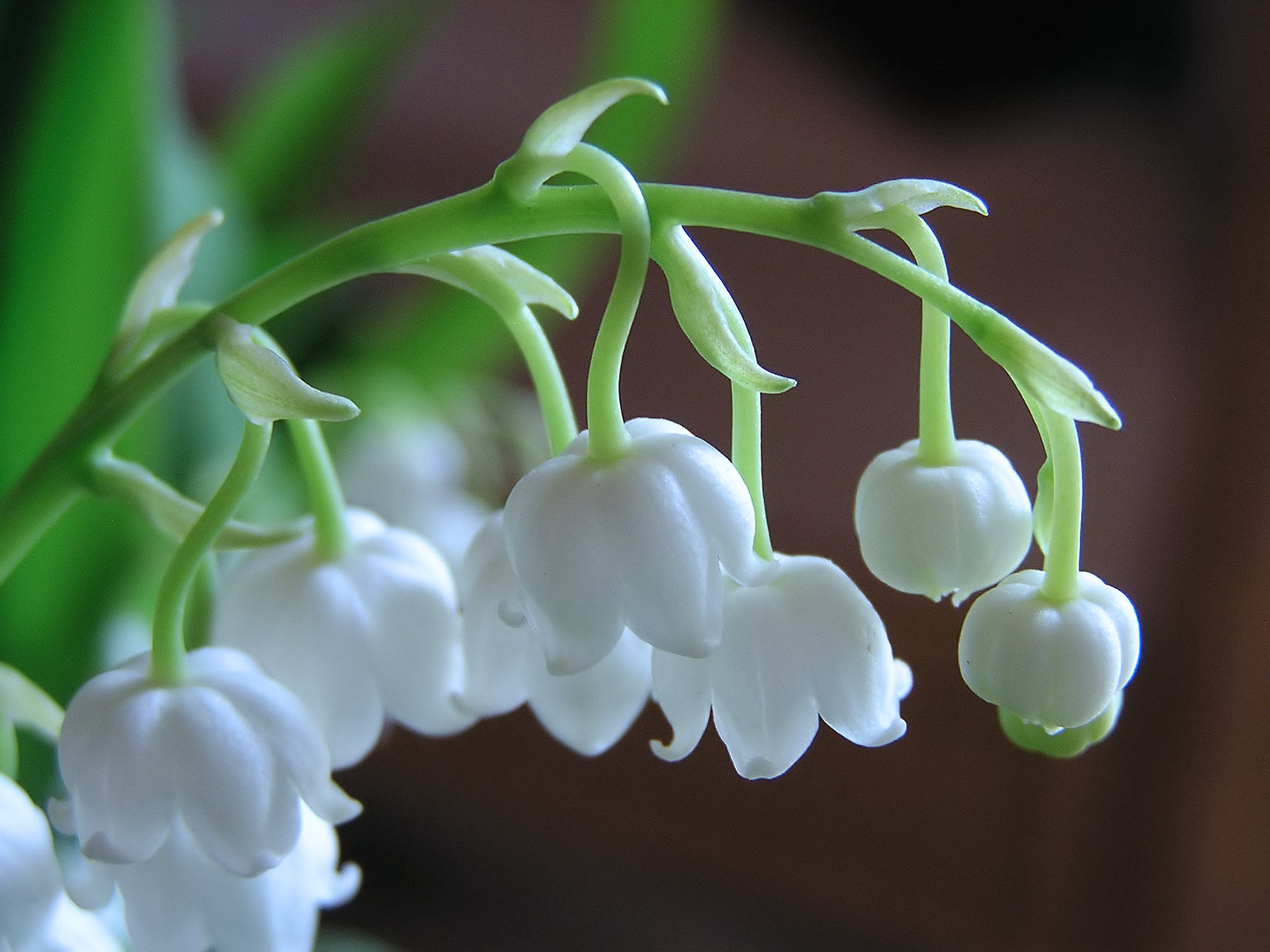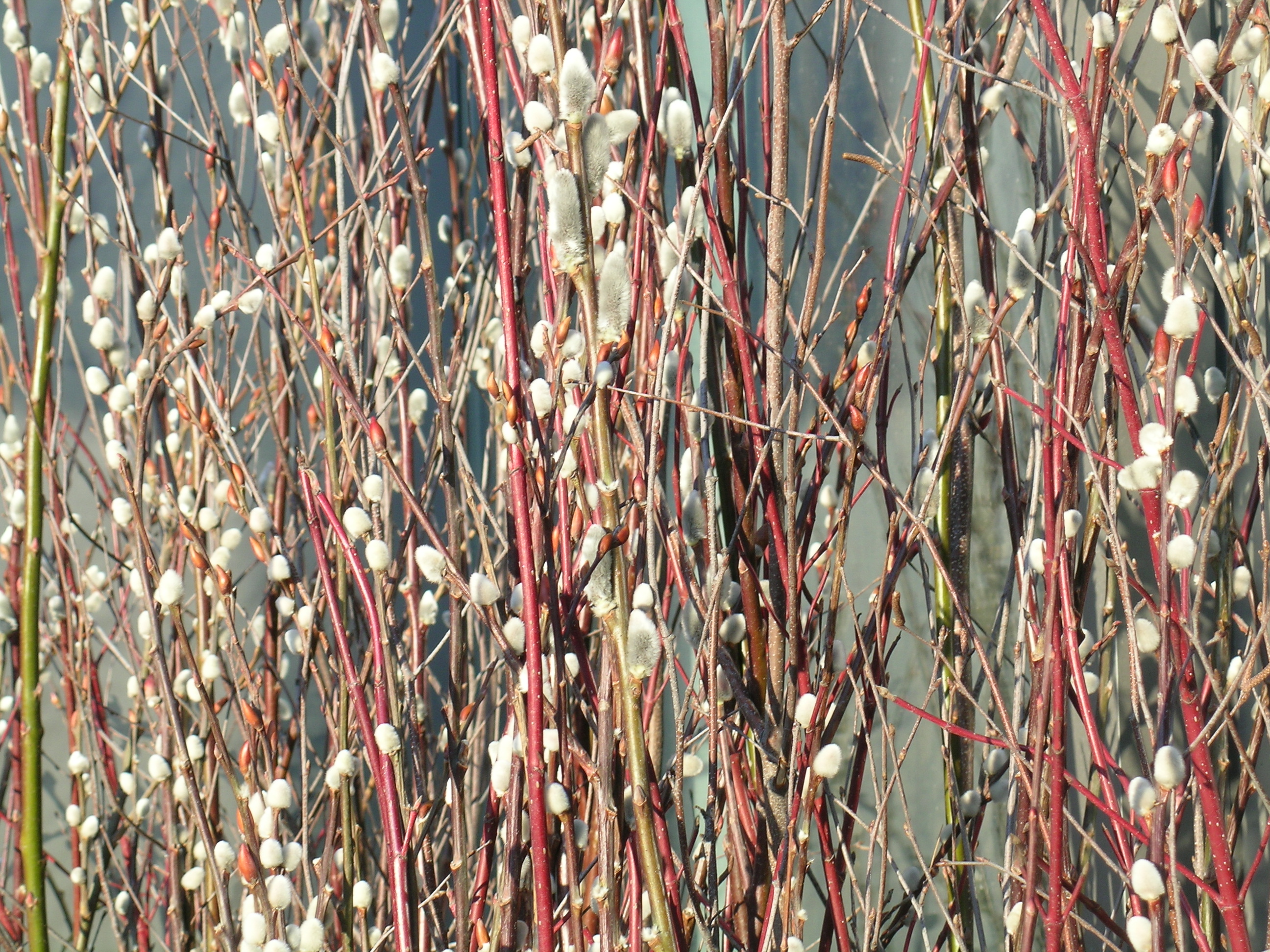Roses, the flower of June, are reputed to have many and varied magical uses. Modern uses associate roses most often with love but older uses include just as many practices that involve roses and death.
Falling rose petals may be an omen of death. One superstition like that is that if rose petals fall off roses a person is holding then that person will pass away soon. In more general terms, it is a sign of misfortune if a rose blooms in the autumn.
Romans decorated their tombs with roses. Roses can be planted near graves to protect the dead from evil. (Red roses were planted to mark the graves of lovers and white roses to mark the graves of virgins.)
If a young woman has more than one lover she can determine the one to marry by writing the men’s names on rose leaves and then throwing them into the wind. The name on the last leaf to touch the ground is the one she will marry. Or a girl has no prospective lovers, she can carefully wrap a rose away in a piece of clean white paper on Midsummer Eve and keep it until Christmas Day. If the rose is still intact, she has to wear it in her buttonhole. The first man who admires the rose will become her husband.



